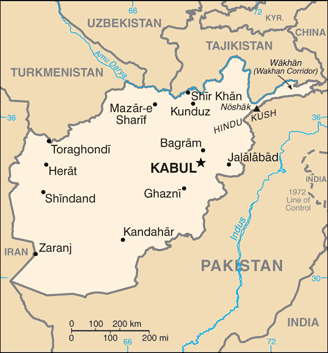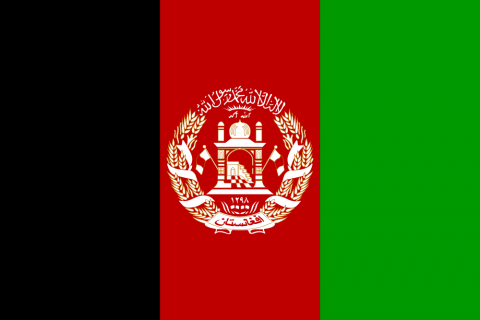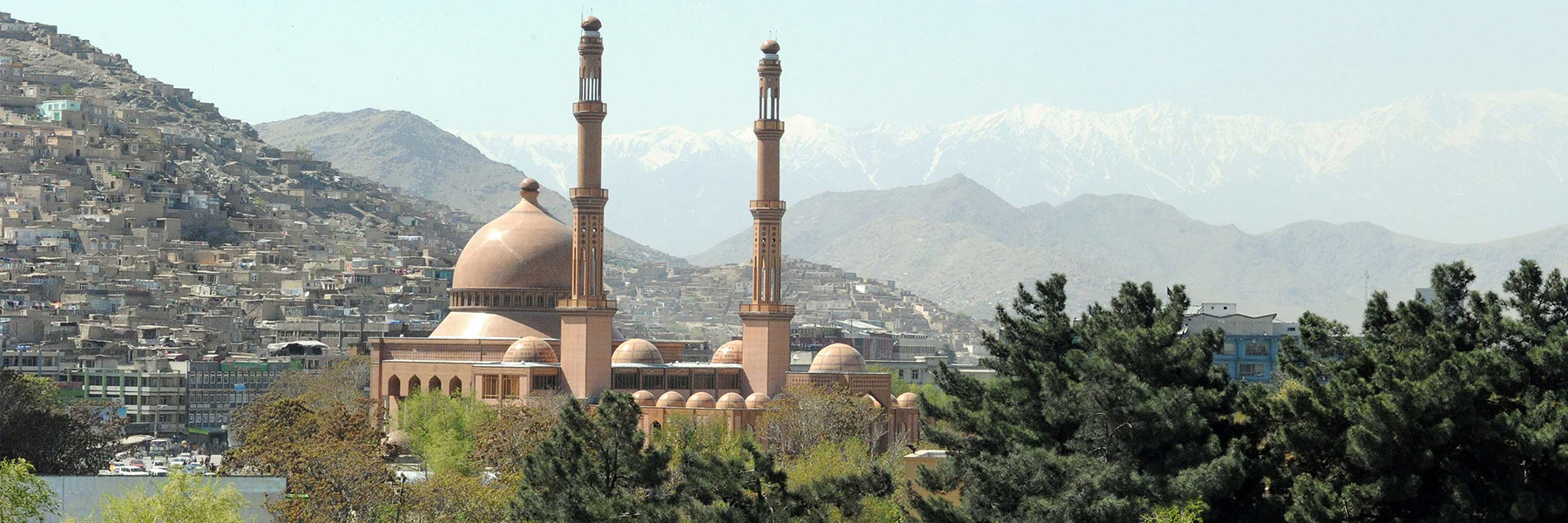Officially unified by Ahmad Shah Durrani in 1747, the Pashtun tribes that form the central part of the Afghan population have lived in the region for centuries. Afghanistan long served as a buffer between the British and Russian Empires, and underwent a period of on-again off-again colonial control in the 18th and 19th centuries, acquiring full independence in 1919. Beginning in the 1970s, a series of coups and counter-coups, Soviet invasions, and external, primarily US and Arab-funded, backing for insurgencies led to an ongoing state of civil war that lasted to 1996, when the Taliban took control of the country. Instituting a conservative order and literal religious interpretation of Muslim Sharia law in Afghanistan, the Taliban, backed largely by the southern and central Pashtu sections of the country, alienated ethnic Tajiks and Uzbeks in the north. Following the events of September 11, 2001 in the United States, the US government, in coordination with the ostracized northern factions (“Northern Alliance”) and various Western Allies, overthrew the Taliban government in its search for the mastermind of the September 11 attacks, Osama Bin Ladin. Although the last decade has seen the establishment of a western-backed and nominally democratic state in Afghanistan, the country remains wracked by instability, and the NATO-led International Security and Assistance Force (ISAF) remains in many areas in conflict, both with a resurgent Taliban movement and the dependence of the Afghan economy on the illegal trade of heroin.
Islamic Republic of Afghanistan


Afghanistan
Capital: Kabul
Population: 31,108,077
Languages: Dari, Pashto


